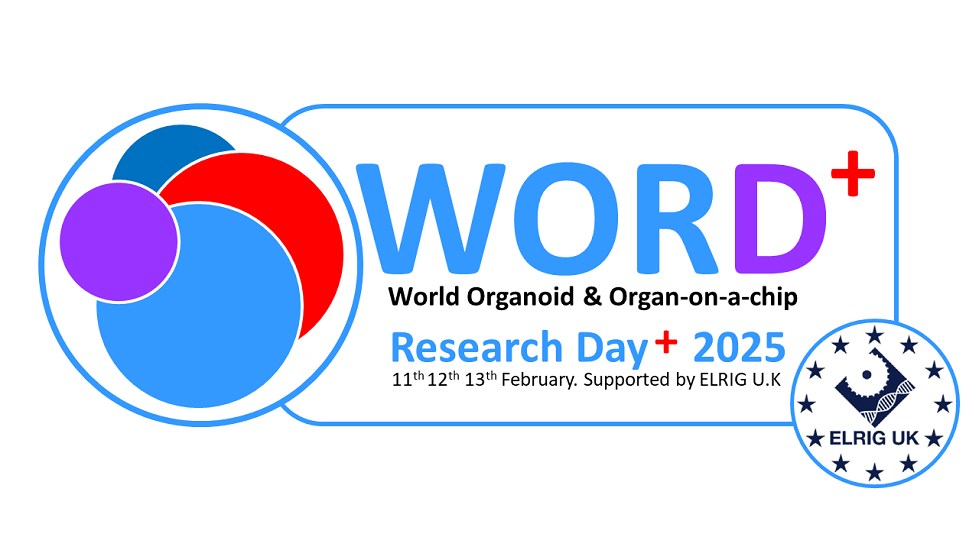Authors
M Moullet1; L Garcia Alonso1; M Lotfollahi1; R Vento Tormo1;
1 Wellcome Sanger Institute, UK
Overview
The endometrium, the mucosal lining of the uterus, is at the center of female reproductive health and disease. Specifically, the endometrial epithelium is the site of embryo implantation and plays a key role in driving endometrial diseases such as endometriosis and carcinoma. This drives the need for an in vitro model which captures the biology of human endometrial epithelium.
Introduction
Endometrial epithelial organoids have previosuly been shown to capture important aspects of endometrial biology, both at the morphogical and transcriptomic level. However, the main biological pathways driving the differences between in vivo and in vivo have not been fully characterized.
Methods
We used a deep learning model (Expimap) to learn a low dimensional representation of in vivo and in vitro scRNAseq datasets and identify differences between cell states in each system. Compared to traditional variational autoencoders, Expimap offers additional interpretability by mapping the gene expression matrix to known gene programs.
Results
Our model recovers expected biological patterns in epithelial cells, such as differences in Wnt and Notch signaling between ciliated and secretory cells. Furthermore, SOX9, ciliated and secretory populations from in vivo tissue or organoids have differential gene programs scores for pathways related to to cell division and proliferation, as well as well as pathways linked to organoid culture conditions and absence of stromal cell interactions.
Conclusion
The identified pathways highlight potential areas of protocol modification in order to better capture in vivo cell states in vitro. In the future, it would be interesting to apply this model to organoids cultured with different media to evaluate which conditions most closely resemble in vivo. Overall, these results highlight the insights made possible by interpretable deep learning models for in vivo/in vitro comparisons.

